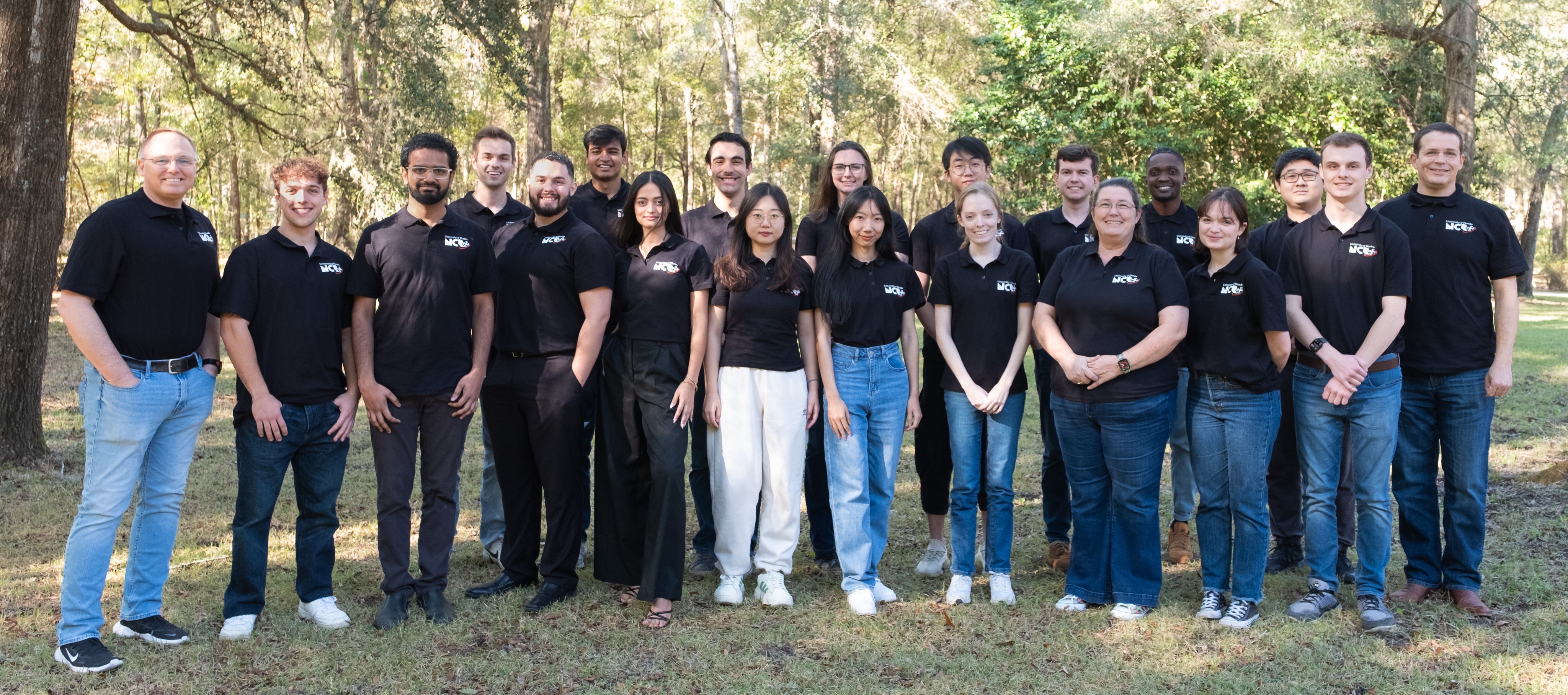
Group Director | ||||||||||||||||||||||||||||||||||||||||||||||||||
Warren Dixon, Ph.D., Dean's Leadership Professor and Department Chair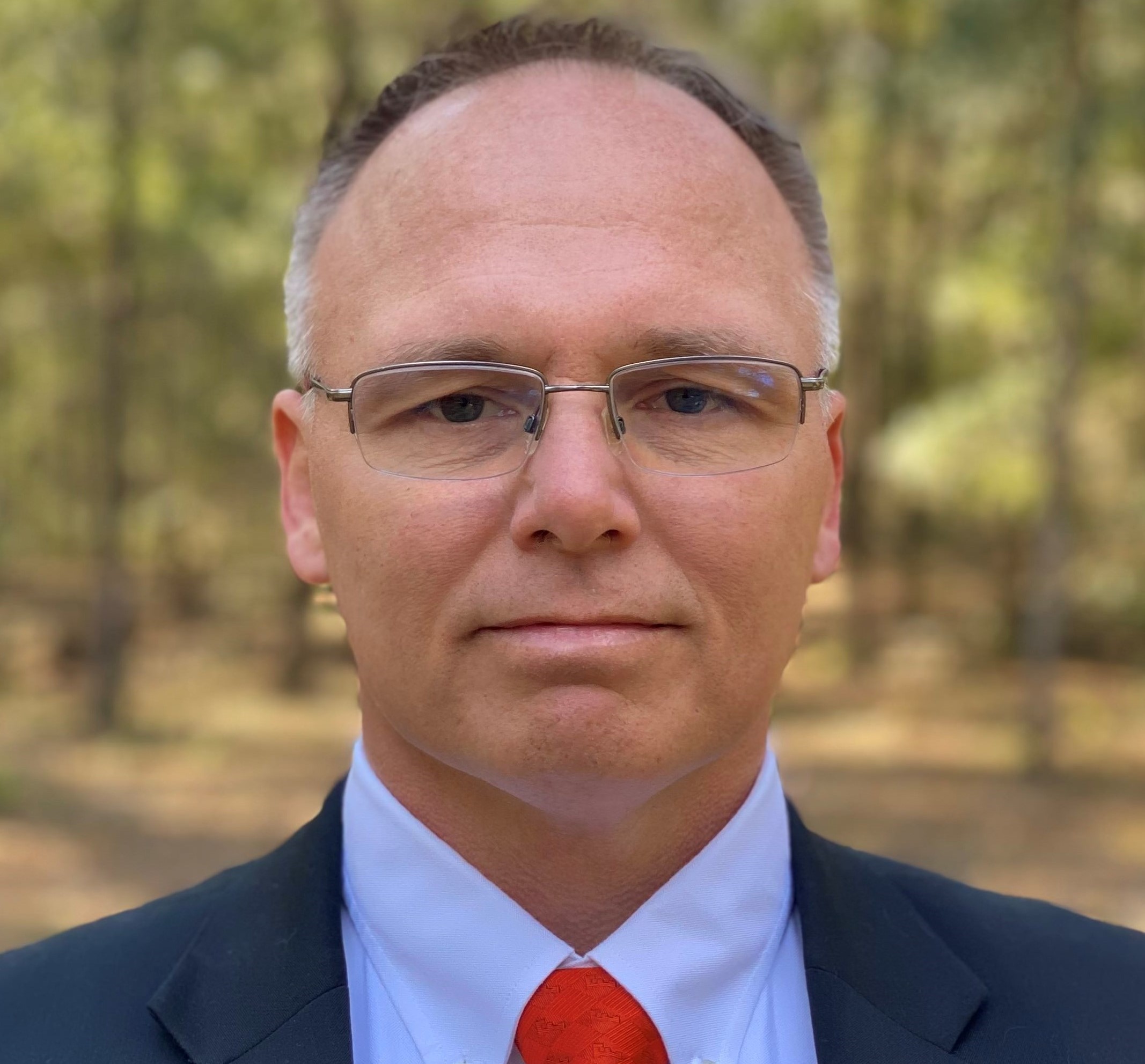
Prof. Warren Dixon received his Ph.D. in 2000 from the Department of Electrical and Computer Engineering from Clemson University. He worked as a research
staff member and Eugene P. Wigner Fellow at Oak Ridge National Laboratory (ORNL) until 2004, when he joined the University of Florida in the Mechanical
and Aerospace Engineering Department. His main research interest has been the development and application of Lyapunov-based control techniques for
uncertain nonlinear systems. His work has been recognized by the 2019 IEEE Control Systems Technology Award, (2017-2018 & 2012-2013) University of Florida College of Engineering Doctoral Dissertation Mentoring Award,
2015 & 2009 American Automatic Control Council (AACC) O. Hugo Schuck (Best Paper) Award, the 2013 Fred Ellersick
Award for Best Overall MILCOM Paper, the 2011 American Society of Mechanical Engineers (ASME) Dynamics Systems and Control Division Outstanding Young Investigator Award, the 2006 IEEE Robotics and Automation
Society (RAS) Early Academic Career Award, an NSF CAREER Award (2006-2011), the 2004 Department of Energy Outstanding Mentor Award, and the 2001 ORNL
Early Career Award for Engineering Achievement. He is an ASME Fellow (2016) and IEEE Fellow (2016), was an IEEE Control Systems Society (CSS) Distinguished Lecturer (2013-2018),
served as the Director of Operations for the Executive Committee of the IEEE CSS Board of Governors (BOG) (2012-2015), and served as an elected member of the IEEE CSS BOG (2019-2020).
His technical contributions and service to the IEEE CSS were recognizd by the IEEE CSS Distinguished Member Award (2020). He was awarded the Air Force
Commander's Public Service Award (2016) for his contributions to the U.S. Air Force Science Advisory Board. He is currently or formerly
an associate editor for ASME Journal of Journal of Dynamic Systems, Measurement and Control,
Automatica, IEEE Control Systems, IEEE Transactions on Systems Man and Cybernetics: Part B Cybernetics, and the International Journal of Robust and Nonlinear Control. | ||||||||||||||||||||||||||||||||||||||||||||||||||
Visiting Faculty, Research Scientists, and Postdoctoral Researchers | ||||||||||||||||||||||||||||||||||||||||||||||||||
Omkar Patil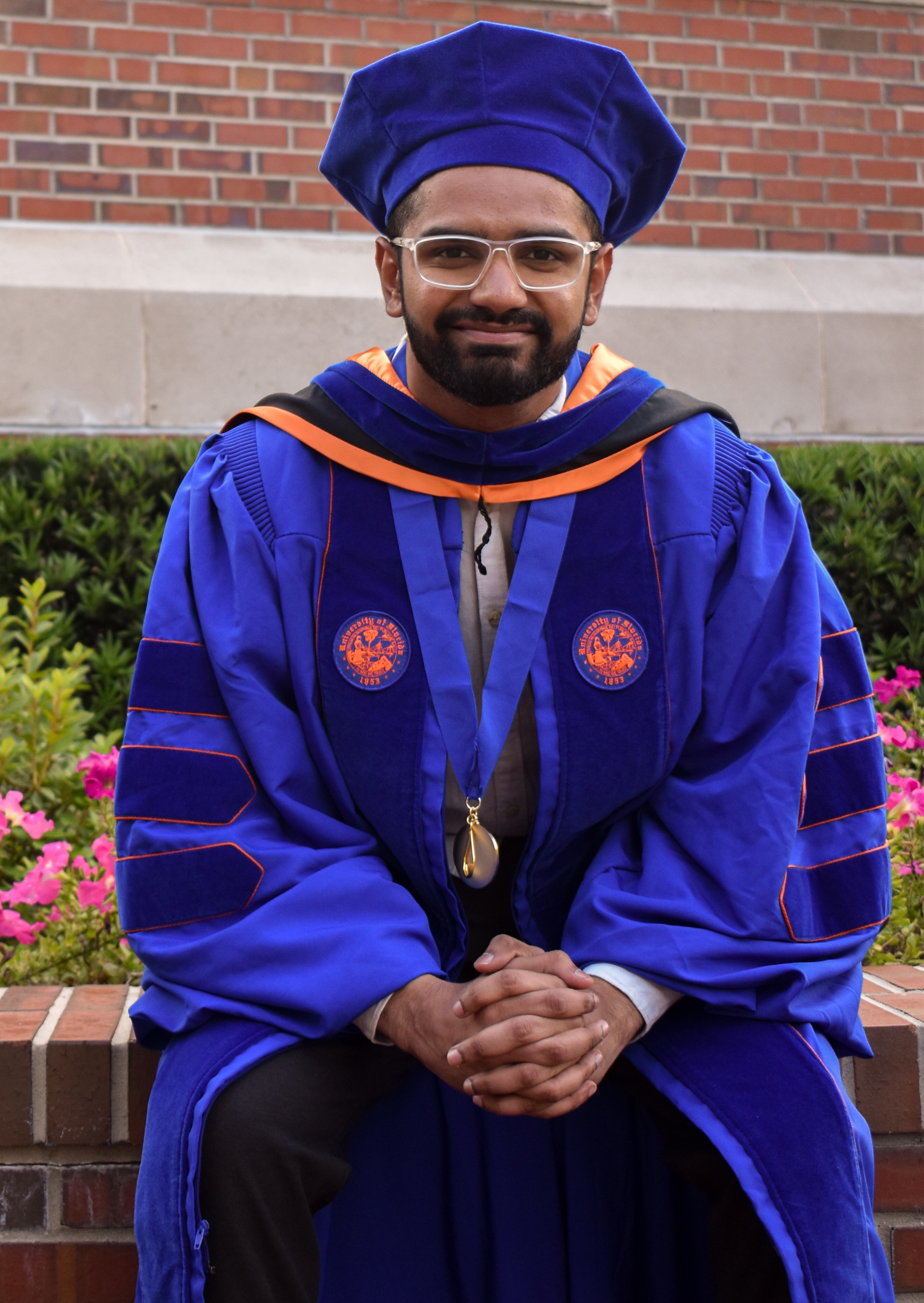 Omkar received his Bachelor of Technology (B.Tech.) degree in production and industrial engineerin
g from Indian Institute of Technology (IIT) Delhi in 2018, where he was honored with the BOSS award for his outstanding bachelor's thesis project. Following his graduation, Omkar worked as a Project
Associate at the Control & Automation Lab of IIT Delhi on a sponsored project entitled "Aerial Manipulation - Modeling, Planning and Control". In August 2019, he joined the Nonlinear Controls and
Robotics (NCR) Laboratory at the University of Florida under the guidance of Dr. Warren Dixon to pursue his doctoral studies. Omkar received his Master of Science (M.S.) degree in mechanical
engineering in August 2022 and Ph.D. in mechanical engineering in May 2023 from the University of Florida. Currently, he is working as a postdoctoral research associate at the NCR lab. His research
focuses on the development and application of innovative Lyapunov-based nonlinear, robust, and adaptive control techniques.
| ||||||||||||||||||||||||||||||||||||||||||||||||||
Wenqian Xue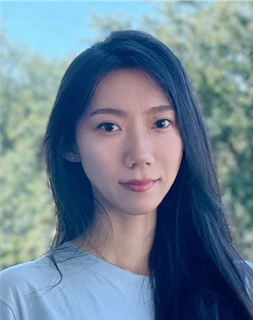 Wenqian Xue received her Ph.D. in Control Theory and Control Engineering in 2022 and M.SE. degree in Control
Engineering in 2018 from Northeastern University, Liaoning, China. She was awarded the Excellent Master Thesis from the Association of Metallurgical Education, China. In 2019-2021, she was a Research
Assistant with the University of Texas at Arlington. In 2023-2024, she was a Post-Doctoral Associate at the Computational NeuroEngineering Lab of the University of Florida. She joined NCR in fall 2024
as a Post-Doctoral Associate. Her research interests include automatic control, graphical games, (inverse) reinforcement learning, deep learning, adaptive dynamic programming, and video feature processing.
| ||||||||||||||||||||||||||||||||||||||||||||||||||
Wilmer Leal Wilmer Leal is a mathematician, chemist and computer scientist whose research lies at the intersection of applied
category theory, computational sheaf theory, and dynamical systems. He received his Ph.D. in Computer Science (summa cum laude) in 2022 from Leipzig University and the Max Planck Institute for Mathematics in the Sciences.
He holds B.Sc. degrees in Mathematics and Chemistry from the University of Pamplona.
Since January 2023, he has been a Postdoctoral Associate at the University of Florida, with joint affiliation in the Department of Computer & Information Science & Engineering and the Department of Mechanical
and Aerospace Engineering. In 2023, he was also appointed Computer Scientist in Residence in the Department of Chemical Engineering at the University of Florida. His research develops categorical and
sheaf-theoretic frameworks for compositional reasoning in time-varying data and networked dynamical systems, with particular emphasis on combinatorial threshold-linear networks (CTLNs), temporal sheaves,
and distributed fixed-point computation. His work has led to publications in venues such as PNAS, Proceedings of the Royal Society A, PLOS Complex Systems, Fundamenta Informaticae, and Journal of Cheminformatics
His research has also received international media coverage in outlets such as Chemistry World, Chemical & Engineering News, and major European science media. His work has received international recognition
through honors and distinctions, including a DAAD Ph.D. fellowship, selection to the Lindau Nobel Laureate Meeting, and invited talks at international venues. On January 1, 2026, he joined the
Nonlinear Controls and Robotics (NCR) group at the University of Florida as a Research Scientist, where he will focus on integrating category theory and computational sheaf methods with Lyapunov-based
and learning-enabled control of complex nonlinear systems.
.
| ||||||||||||||||||||||||||||||||||||||||||||||||||
Ph.D. Students | ||||||||||||||||||||||||||||||||||||||||||||||||||
Rebecca Hart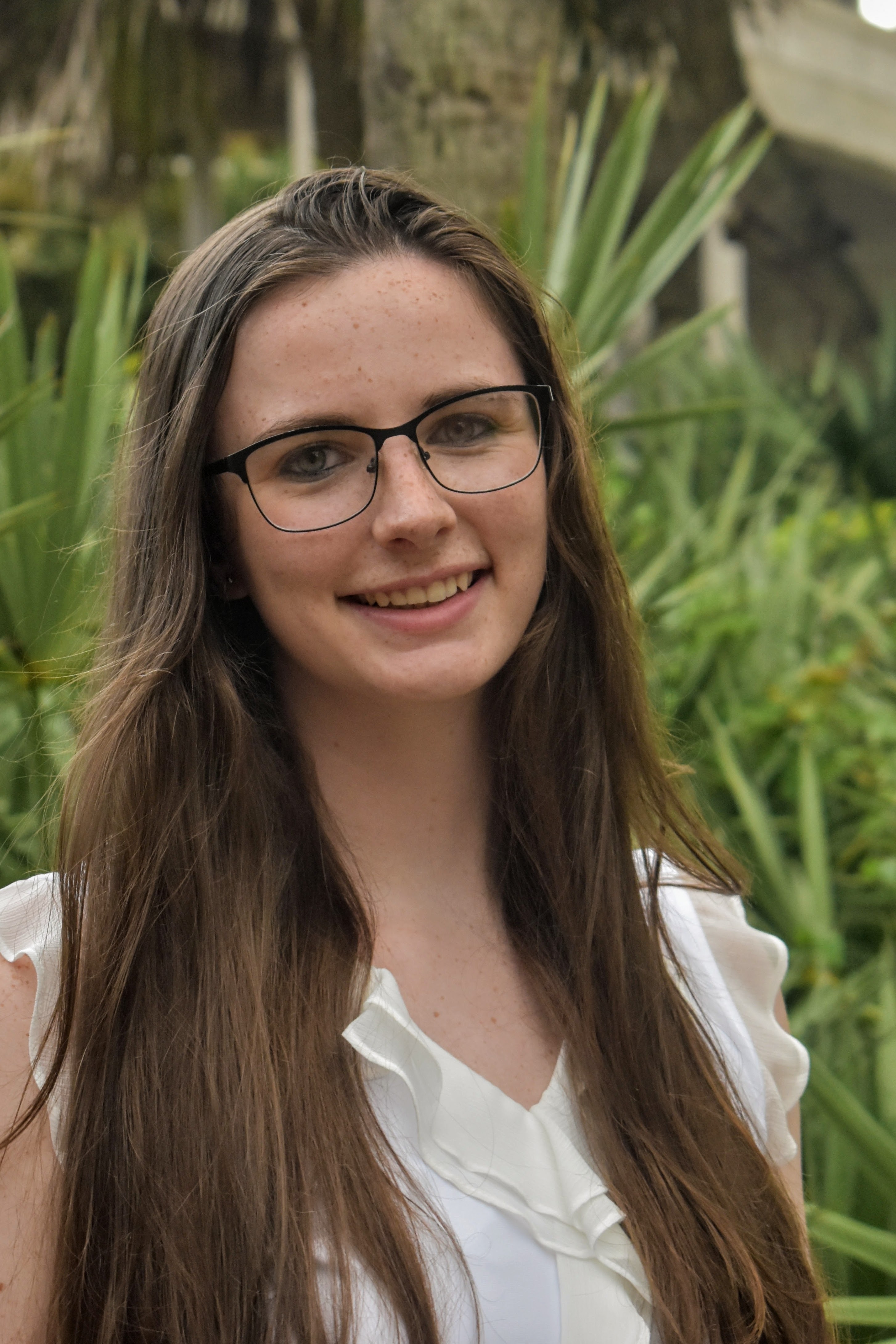 Rebecca Hart received her Bachelors of Science degree in Mechanical Engineering from North
Carolina State University in May 2022. During her undergraduate career, she participated in undergraduate research investigating fluidic artificial muscles, a co-op with Kimberly Clark,
and was an active member of the Pack Motorsports BAJA team. Her research interests are focused on human-robot interaction and rehabilitative robotics. She is currently pursuing a Ph.D.
in Mechanical Engineering under the supervision of Dr. Warren Dixon. Expected graduation is May 2026.
| ||||||||||||||||||||||||||||||||||||||||||||||||||
Jhyv Philor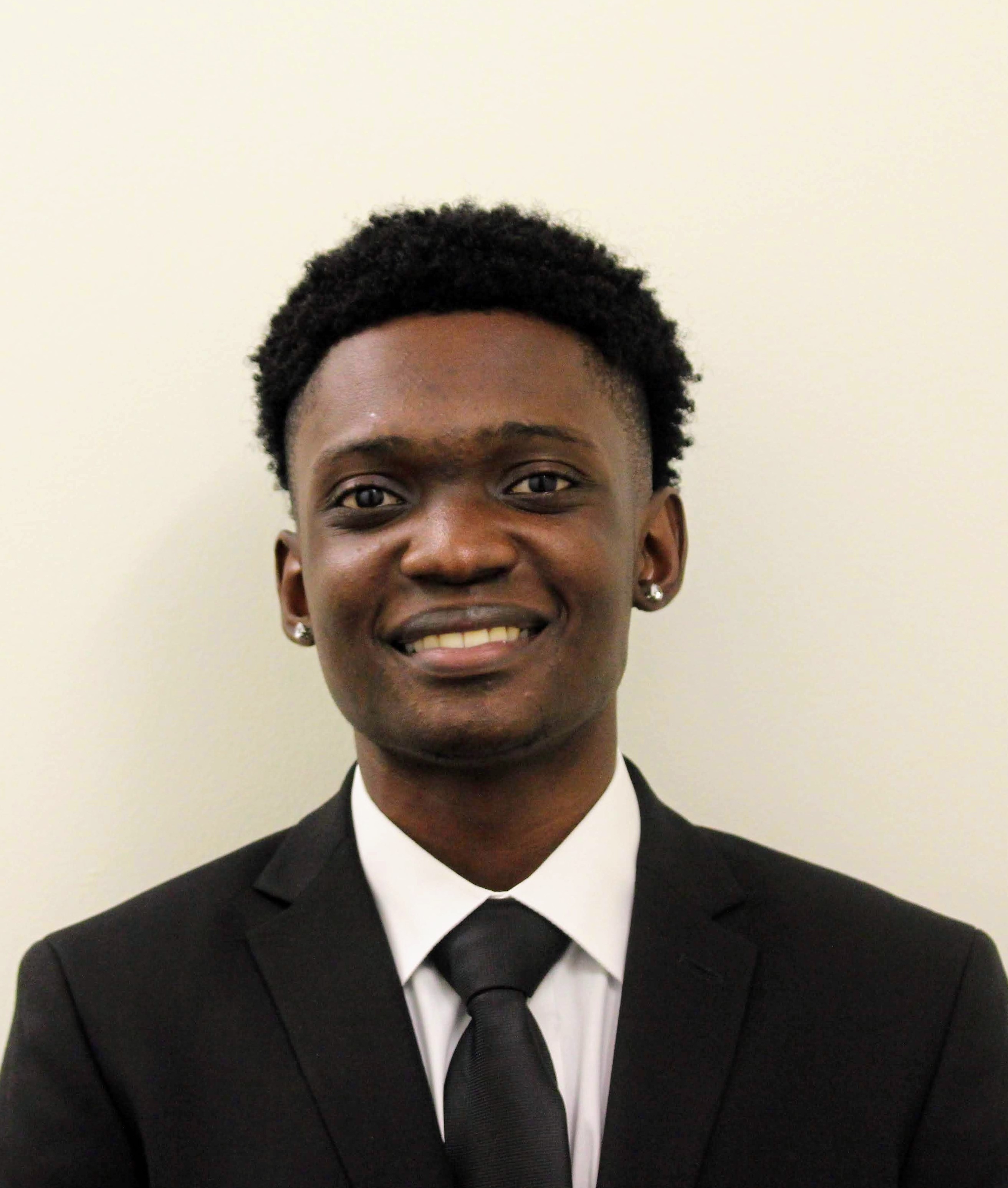 Jhyv Philor received his Bachelor of Science degree in Mechanical Engineering at the University
of Florida. During his undergraduate studies, he did research in keywords spotting for hearing aid devices using deep learning techniques at the University of Washington. He later worked
with Dioxide Materials focusing on fuel cell design and CO2 electrolyzer scale up. He is currently pursuing a Ph.D in Mechanical Engineering under Dr. Warren Dixon with an interest in robotics and autonomous systems.
| ||||||||||||||||||||||||||||||||||||||||||||||||||
Saiedeh Akbari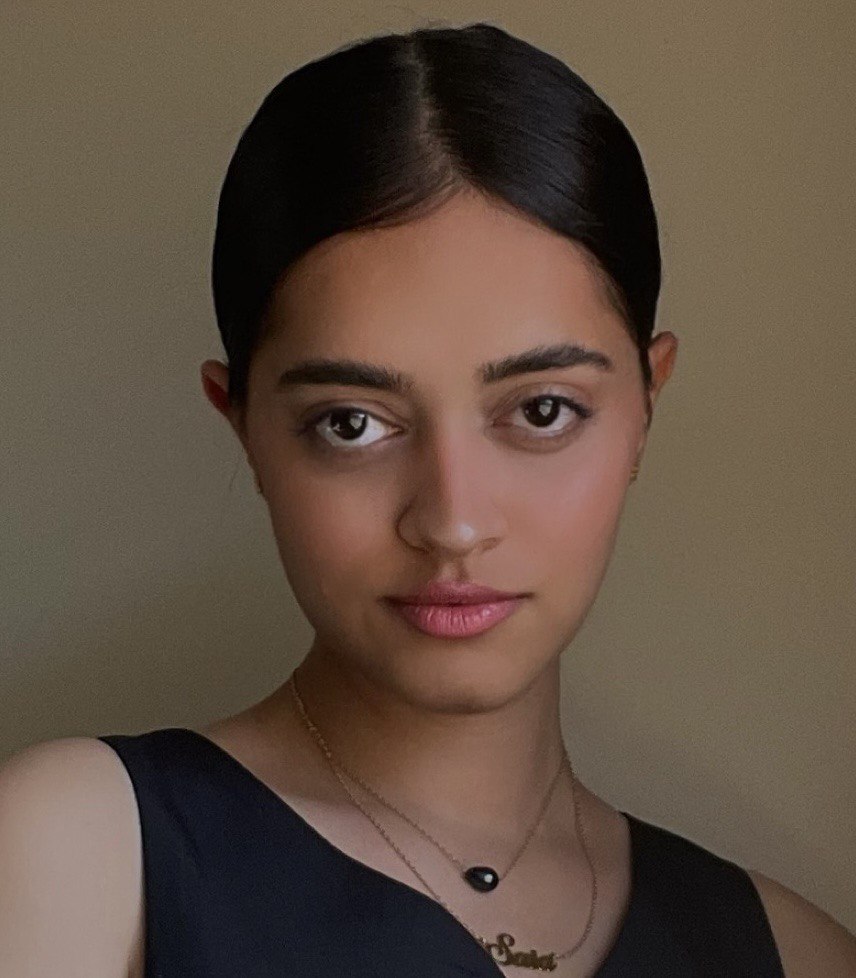 Saiedeh Akbari graduated with a Bachelor of Science in mechanical engineering from K.N. Toosi University of Technology
in 2020. As an undergraduate, she researched discrete-time sliding mode control of permanent magnet DC motors. In 2023, she graduated from the University of Alabama with a master's degree in mechanical engineering,
delving into nonlinear and adaptive control of hybrid and switching systems. Her research focused on rehabilitation exoskeletons, particularly motorized functional electrical stimulation (FES) cycle. Currently,
Saiedeh is a Ph.D. student at the University of Florida, where she continues her studies on adaptive control of hybrid systems using Lyapunov and passivity-based methods. Her work aims to enhance the understanding
and application of adaptive control techniques in various systems, particularly in the context of FES cycles. She is expected to graduate in May 2027.
| ||||||||||||||||||||||||||||||||||||||||||||||||||
Xuehui Shen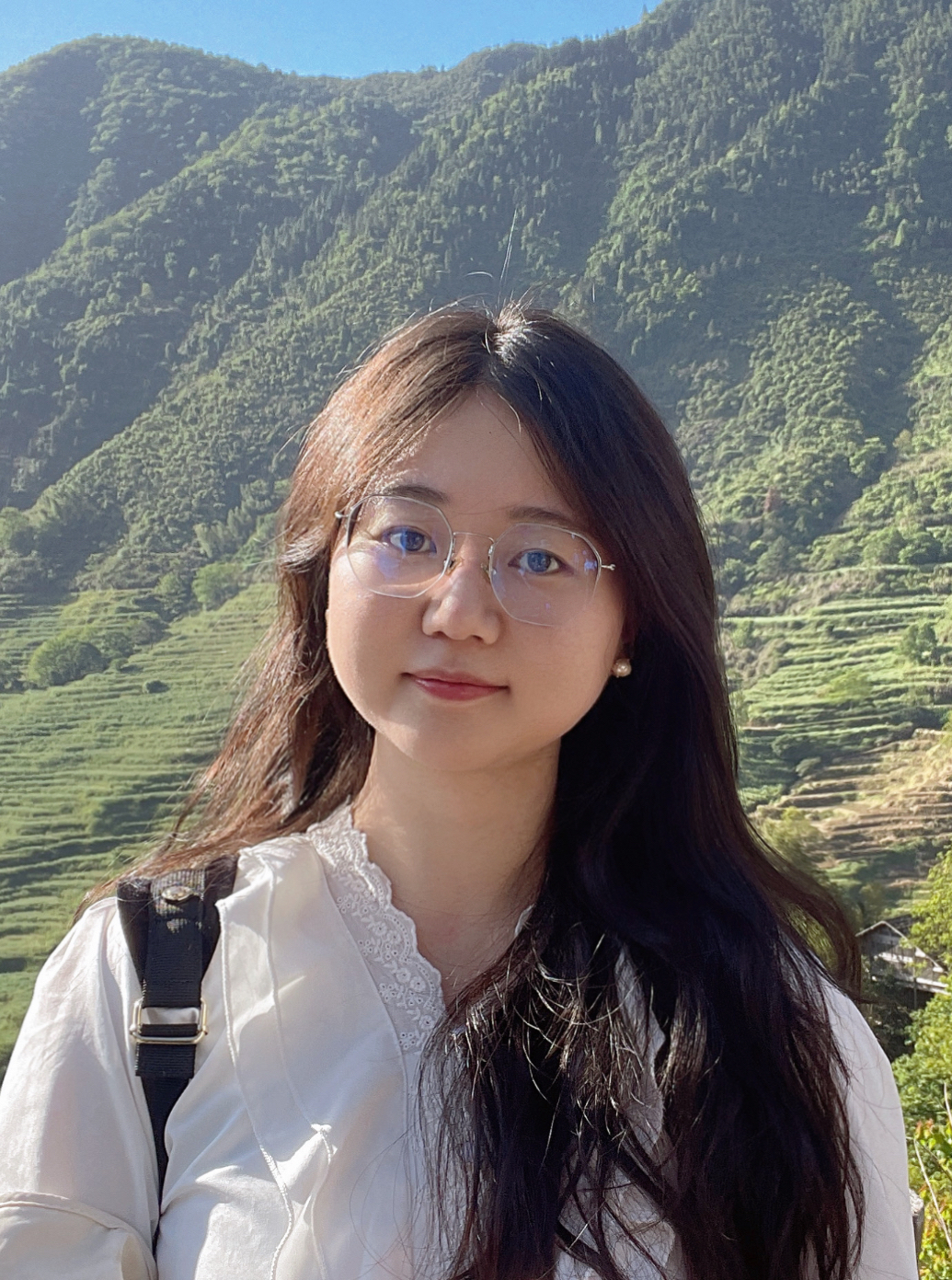 Xuehui Shen received her Bachelor of Science degree in Automotive Engineering from
Wuhan University of Technology. In 2023, she got a Master of Science degree in Mechanical Engineering in robotics and control track from Columbia University. During her graduate
studies, she participated in Roar Lab to do robotics research about deep reinforcement learning and parallel robots. She is currently pursuing a Ph.D. in Mechanical Engineering
under Dr. Warren Dixon. Her research interests are focused on robotics and motion planning under deep learning techniques. The expected graduation is May 2027.
| ||||||||||||||||||||||||||||||||||||||||||||||||||
Wenyu "David" Wu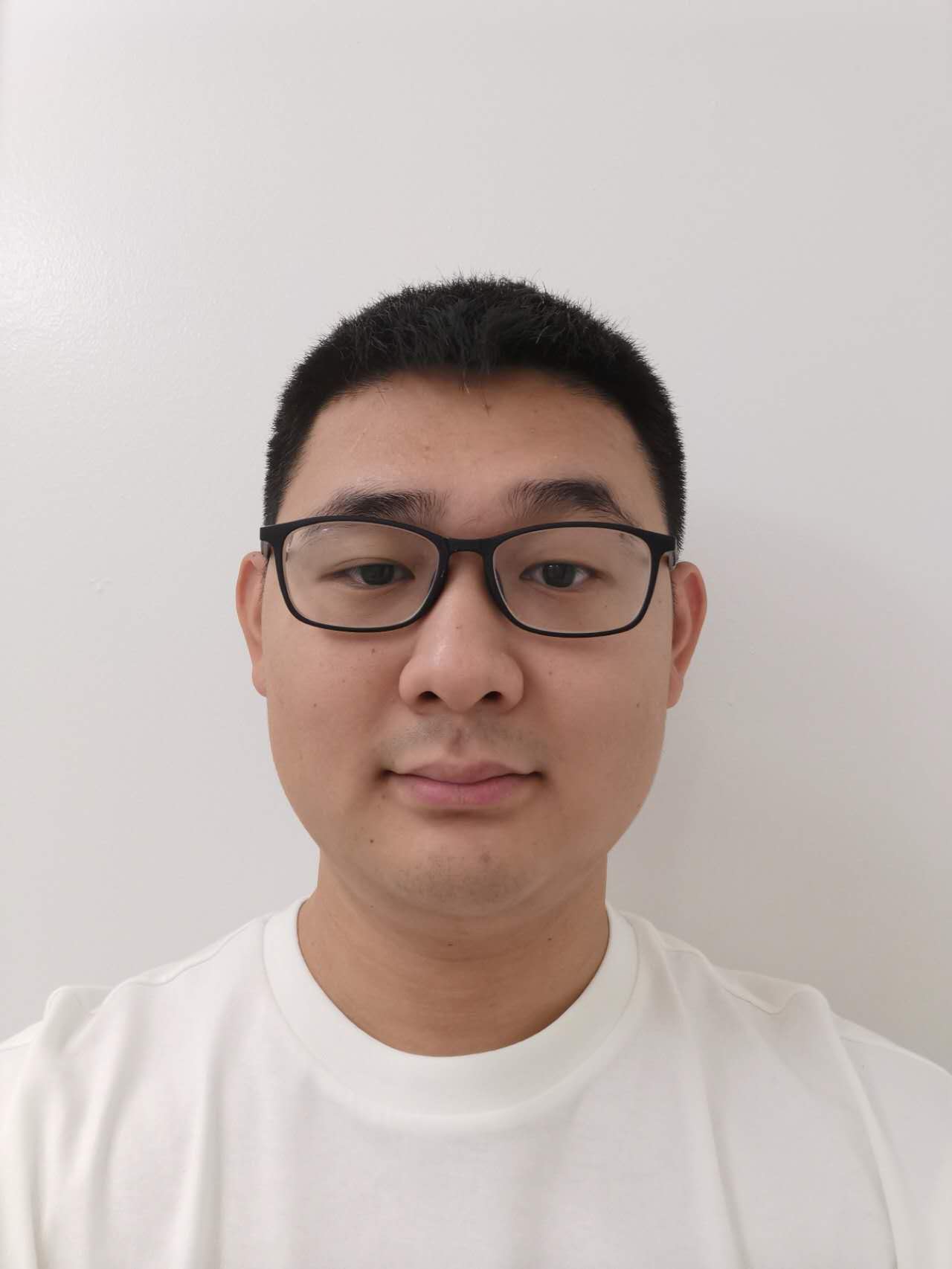 Wenyu Wu received his Bachelor of Science degree in Mechanical Engineering and
Computer Engineering from the University of Illinois Urbana-Champaign. He got a Master of Science degree in Mechanical Engineering from Carnegie Mellon University. During his graduate studies,
he participated in the CERLAB to perform research in the field of learning-based control and robotics. He is currently pursuing a Ph.D. in Mechanical Engineering under Dr. Warren Dixon.
His research interest is the application of deep learning algorithms in control scenarios for better performance. His expected graduation date is May 2027.
| ||||||||||||||||||||||||||||||||||||||||||||||||||
Brandon Fallin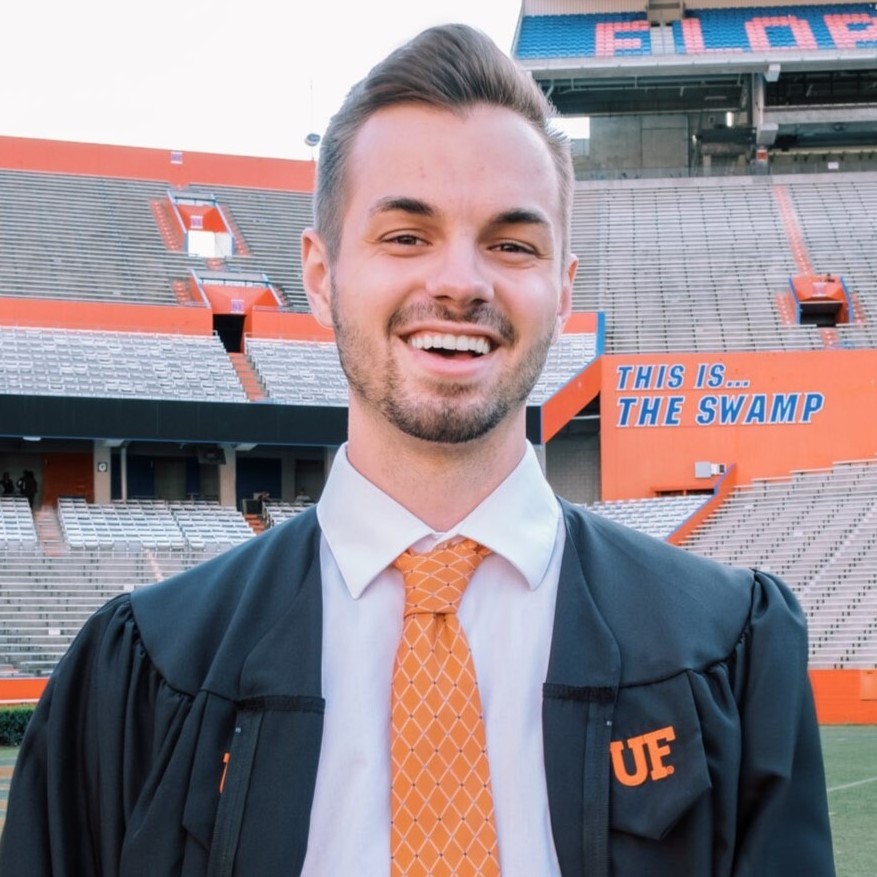 Brandon Fallin received his Bachelor of Science degree in Aerospace Engineering
at the University of Florida in May 2022. He is currently pursuing a Ph.D. in Mechanical Engineering at the University of Florida under the supervision of Dr. Warren Dixon. His research
interests include privacy and obfuscation with application to nonlinear control systems. His expected graduation is May 2027.
| ||||||||||||||||||||||||||||||||||||||||||||||||||
Max Gardenswartz Max Gardenswartz received his Bachelor of Science in Mechanical Engineering from California
Polytechnic State University, San Luis Obispo in June 2024. His research interests are focused on the application of deep learning to Lyapunov-based control techniques of nonlinear systems to robotics
and UAVs, especially in cases involving intermittent feedback. He is currently pursuing a Ph.D. in Mechanical Engineering at the University of Florida under the supervision of Dr. Warren Dixon. Expected graduation is May 2028.
| ||||||||||||||||||||||||||||||||||||||||||||||||||
Keith Currier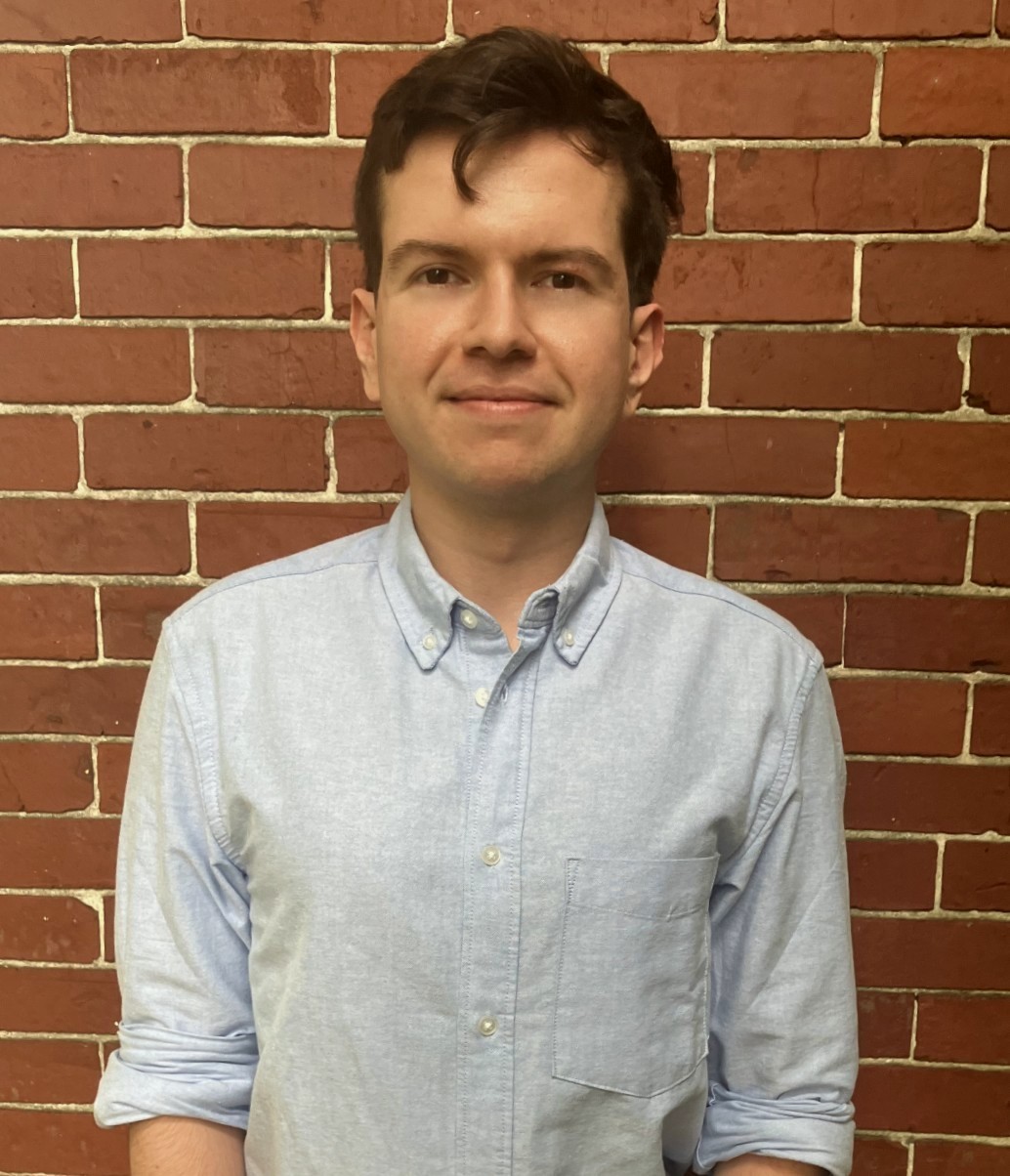 Keith Currier received his Bachelor of Science in Mechanical Engineering from the University of Central Florida in May 2023.
As an undergraduate, he participated in undergraduate research at the WEAR laboratory at UCF and worked on myoelectric controls for an upper limb exoskeleton and machine learning research for hand gesture recognition.
He is currently pursuing a Ph.D. in Mechanical Engineering under Dr. Warren Dixon. His research interests are physics-informed encoder-decoder networks for nonlinear controls, manifold and metric learning, and
network systems. His expected graduation is May 2028.
| ||||||||||||||||||||||||||||||||||||||||||||||||||
Yixuan Wang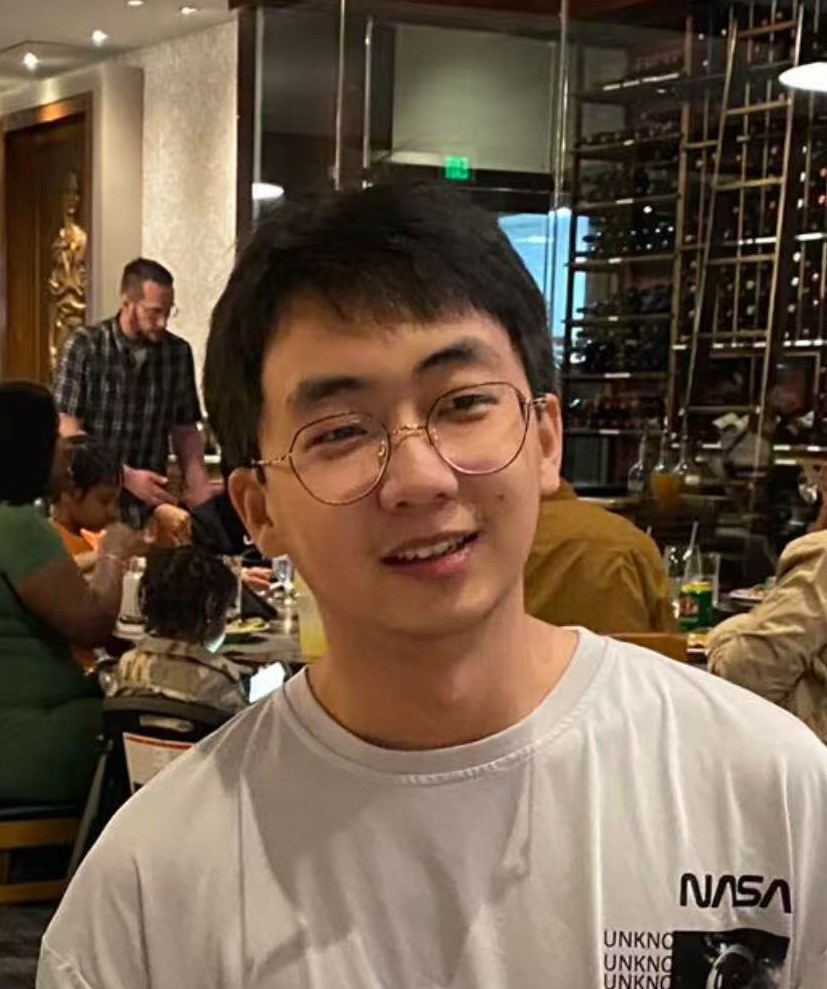 Yixuan Wang graduated from Tongji University in the spring of 2020 with a Bachelor of Science in Mechanical Engineering.
He received his first Master of Science degree in Mechanical Engineering with a minor in Electrical and Computer Engineering from the University of Florida in 2022. He obtained his second Master of Science in
Engineering, majoring in Computer Science, at Johns Hopkins University in 2024. During his graduate studies, he conducted research in the field of reinforcement learning. He is currently pursuing a Ph.D. in
Mechanical Engineering under the co-advisement of Dr. Dan Guralnik and Dr. Warren Dixon. His research interests are in the fields of topology, diffusion model, reinforcement learning, Lyapunov control.
His expected graduation date is May 2028.
| ||||||||||||||||||||||||||||||||||||||||||||||||||
Austin Copeland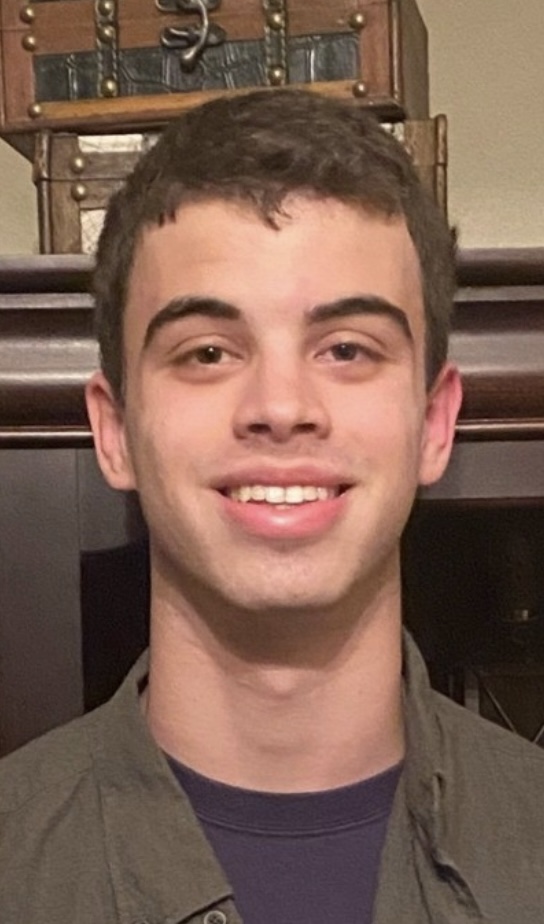 Austin Copeland received his Bachelor of Science degree in Mechanical Engineering at the University of South Florida
in May 2025. As an undergraduate, he participated in the BiAero laboratory at USF, where he applied aerodynamic theory to help explain the flight dynamics of various glider models.
He is currently pursuing a Ph.D. in Aerospace Engineering at the University of Florida under the supervision of Dr. Warren Dixon. His expected graduation is May 2029.
| ||||||||||||||||||||||||||||||||||||||||||||||||||
Maklen Estrada Maklen Estrada received his Bachelor of Science in Aerospace Engineering from the University of Colorado Boulder
in May 2023 and his Master of Science in Aerospace Engineering from the University of Florida in December 2024. As an undergraduate, he conducted research on lower-atmospheric gravity waves using radiosonde data,
with an emphasis on spectral analysis and signal processing. He is currently pursuing a Ph.D. in Aerospace Engineering at the University of Florida under Dr. Warren Dixon. His expected graduation date is May 2029.
| ||||||||||||||||||||||||||||||||||||||||||||||||||
M.S. Students | ||||||||||||||||||||||||||||||||||||||||||||||||||
Alumni | ||||||||||||||||||||||||||||||||||||||||||||||||||
| ||||||||||||||||||||||||||||||||||||||||||||||||||
| ||||||||||||||||||||||||||||||||||||||||||||||||||
| ||||||||||||||||||||||||||||||||||||||||||||||||||
| ||||||||||||||||||||||||||||||||||||||||||||||||||
|
